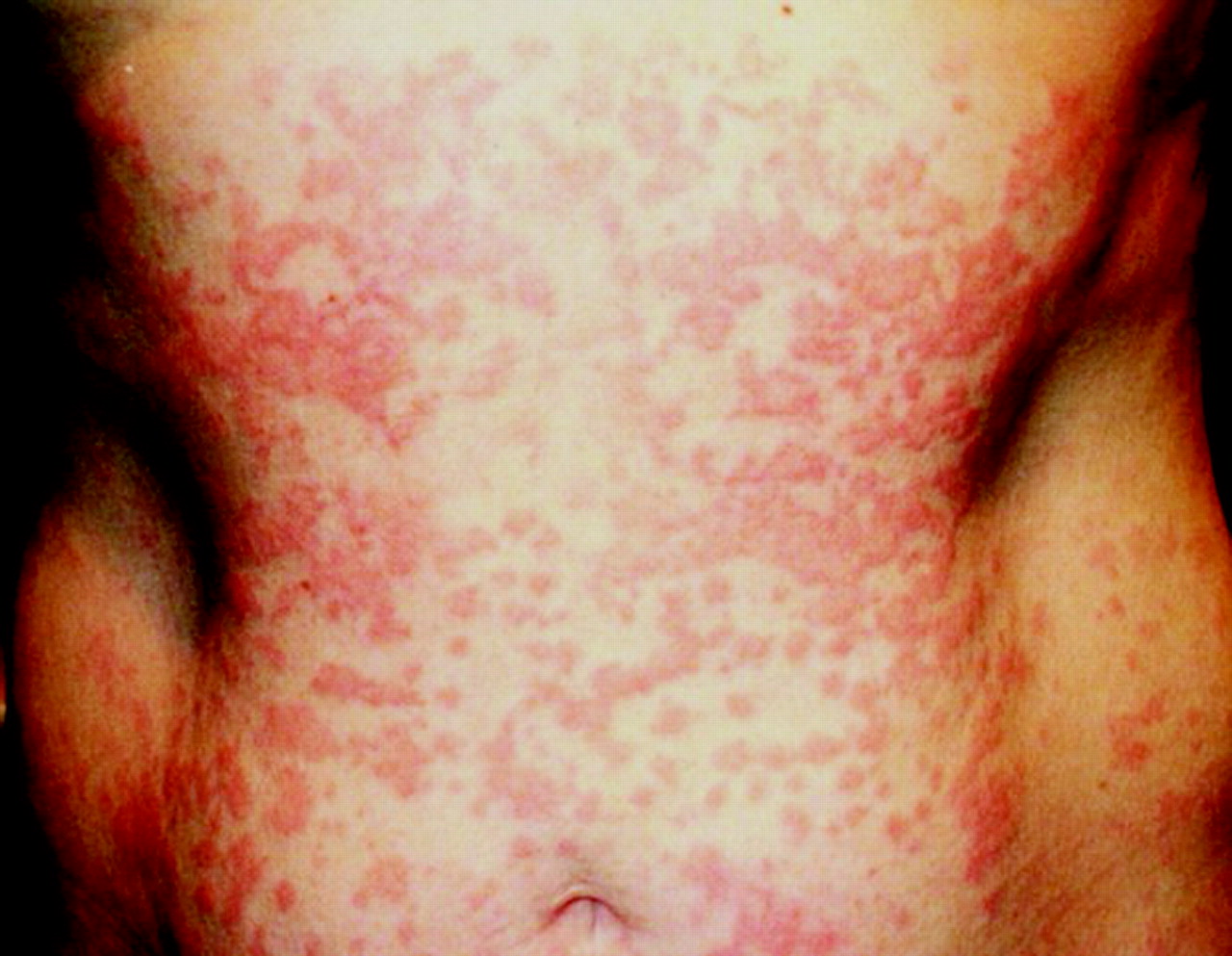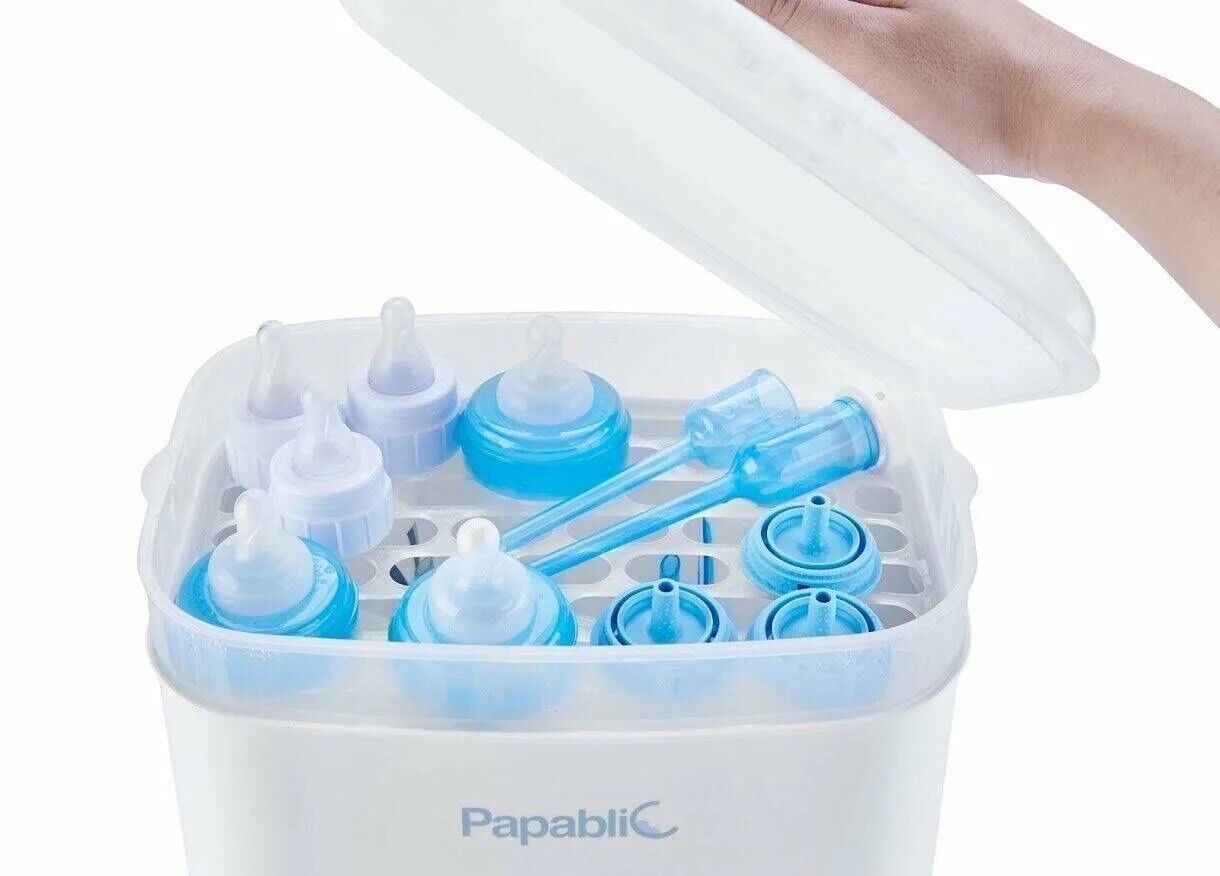
Cryopyrin-Associated Periodic Syndrome (CAPS) is a rare genetic disorder that causes recurrent episodes of inflammation. CAPS includes three related conditions: Familial Cold Autoinflammatory Syndrome (FCAS), Muckle-Wells Syndrome (MWS), and Neonatal-Onset Multisystem Inflammatory Disease (NOMID). Each condition varies in severity but shares common symptoms like fever, rash, and joint pain. These symptoms often start in childhood and can significantly impact daily life. CAPS is caused by mutations in the NLRP3 gene, which leads to overproduction of a protein called cryopyrin. This protein plays a role in the body's inflammatory response. Treatment typically involves medications that block the inflammatory process, providing relief from symptoms. Understanding CAPS is crucial for managing this challenging condition effectively.
What is Cryopyrin-Associated Periodic Syndrome?
Cryopyrin-Associated Periodic Syndrome (CAPS) is a rare genetic disorder that causes recurrent episodes of inflammation. It affects various parts of the body, including the skin, joints, and eyes. Here are some fascinating facts about CAPS.
-
CAPS is caused by mutations in the NLRP3 gene. This gene plays a crucial role in the body's immune response.
-
There are three main types of CAPS: Familial Cold Autoinflammatory Syndrome (FCAS), Muckle-Wells Syndrome (MWS), and Chronic Infantile Neurological Cutaneous and Articular (CINCA) Syndrome.
-
FCAS is the mildest form of CAPS. Symptoms are often triggered by exposure to cold temperatures.
-
MWS is more severe than FCAS. It can lead to hearing loss and kidney damage if not treated.
-
CINCA Syndrome, also known as Neonatal-Onset Multisystem Inflammatory Disease (NOMID), is the most severe form. It can cause chronic meningitis and severe joint damage.
Symptoms of CAPS
The symptoms of CAPS can vary widely depending on the type and severity of the condition. Here are some common symptoms.
-
Fever is a common symptom in all forms of CAPS. It can occur suddenly and without any apparent cause.
-
Rashes are also common. They can appear as red, raised bumps or hives.
-
Joint pain and swelling are frequent complaints among CAPS patients. This can lead to long-term joint damage if not managed properly.
-
Eye inflammation can occur, leading to redness, pain, and vision problems.
-
Hearing loss is a potential complication, especially in MWS. It can be progressive and permanent.
Diagnosis and Treatment
Diagnosing CAPS can be challenging due to its rarity and the variability of symptoms. However, there are specific methods used to confirm the diagnosis.
-
Genetic testing is the most definitive way to diagnose CAPS. It can identify mutations in the NLRP3 gene.
-
Blood tests can show elevated levels of inflammatory markers, which are common in CAPS patients.
-
Skin biopsies may be performed to examine the type of rash and inflammation present.
-
Hearing tests are essential for monitoring potential hearing loss in MWS patients.
-
MRI scans can help detect inflammation in the brain and other organs, especially in CINCA Syndrome.
Living with CAPS
Living with CAPS requires ongoing management and treatment to control symptoms and prevent complications.
-
Biologic medications like anakinra and canakinumab are commonly used to reduce inflammation in CAPS patients.
-
Regular monitoring by a healthcare team is crucial. This includes routine blood tests and imaging studies.
-
Avoiding cold exposure can help prevent flare-ups in FCAS patients.
-
Physical therapy may be necessary to maintain joint function and mobility.
-
Support groups and counseling can provide emotional support and practical advice for managing the condition.
Final Thoughts on CAPS
Cryopyrin-Associated Periodic Syndrome (CAPS) is a rare, genetic autoinflammatory disorder. Understanding CAPS helps in recognizing its symptoms like recurrent fevers, rash, and joint pain. Early diagnosis can lead to better management and improved quality of life. Treatments often involve medications that target the immune system, reducing inflammation and preventing long-term damage.
Raising awareness about CAPS can lead to earlier diagnoses and better support for those affected. If you or someone you know shows symptoms, consulting a healthcare professional is crucial. Knowledge is power, and being informed about CAPS can make a significant difference.
Thanks for sticking with us through this exploration of CAPS. Stay curious and keep learning about the world around you.
Was this page helpful?
Our commitment to delivering trustworthy and engaging content is at the heart of what we do. Each fact on our site is contributed by real users like you, bringing a wealth of diverse insights and information. To ensure the highest standards of accuracy and reliability, our dedicated editors meticulously review each submission. This process guarantees that the facts we share are not only fascinating but also credible. Trust in our commitment to quality and authenticity as you explore and learn with us.


